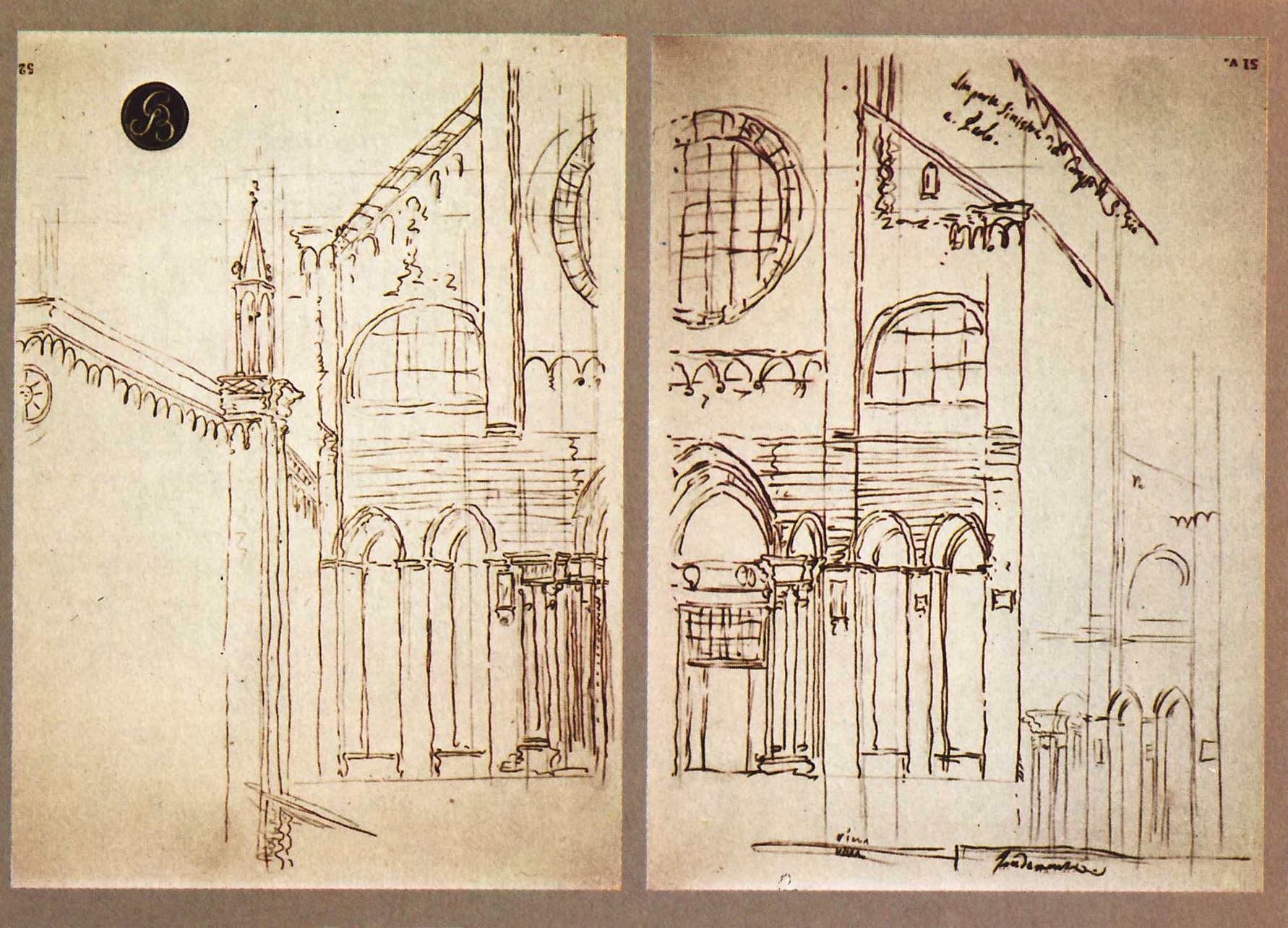
While authorship has historically tethered individuals to works for both credit and responsibility, its foundations in originality, genius, and singular authority have eroded in the face of technological, cultural, and disciplinary disruptions. Poststructuralist critiques reframed authorship as interpretation and circulation, while digital networks and user-generated content democratized participation, only to reintroduce anxieties around ownership and protection in the era of AI. Against this backdrop, I propose a reconceptualization of authorship as a social process involving humans and nonhumans, rather than an evaluation of form. ‘Relational Authorship,’ a new concept introduced in this article, departs from traditional authorial criteria of style, signature, and veracity by emphasizing accountability within distributed production. This article examines these outmoded formal criteria to establish the necessity of this new model of authorship. Drawing on Actor-Network Theory, poststructuralism, and post-humanist thought, the model situates authorship as socially and materially embedded, where contributions extend across audiences, institutions, and algorithmic systems. While in disciplines such as architecture authorial hierarchies are sustained through frameworks of liability and regulations, Relational Authorship critically considers how responsibility might be reconfigured in the company of humans, machines, and the networks that bind them.
Selby E (2025) That which withers in the age of digital production: Towards a new model of authorship. The February Journal, 05: 96–111. DOI: https://doi.org/10.60633/tfj.i05.107

This work is licensed under a Creative Commons Attribution 4.0 International License.
Copyright (c) 2025 Elly Selby